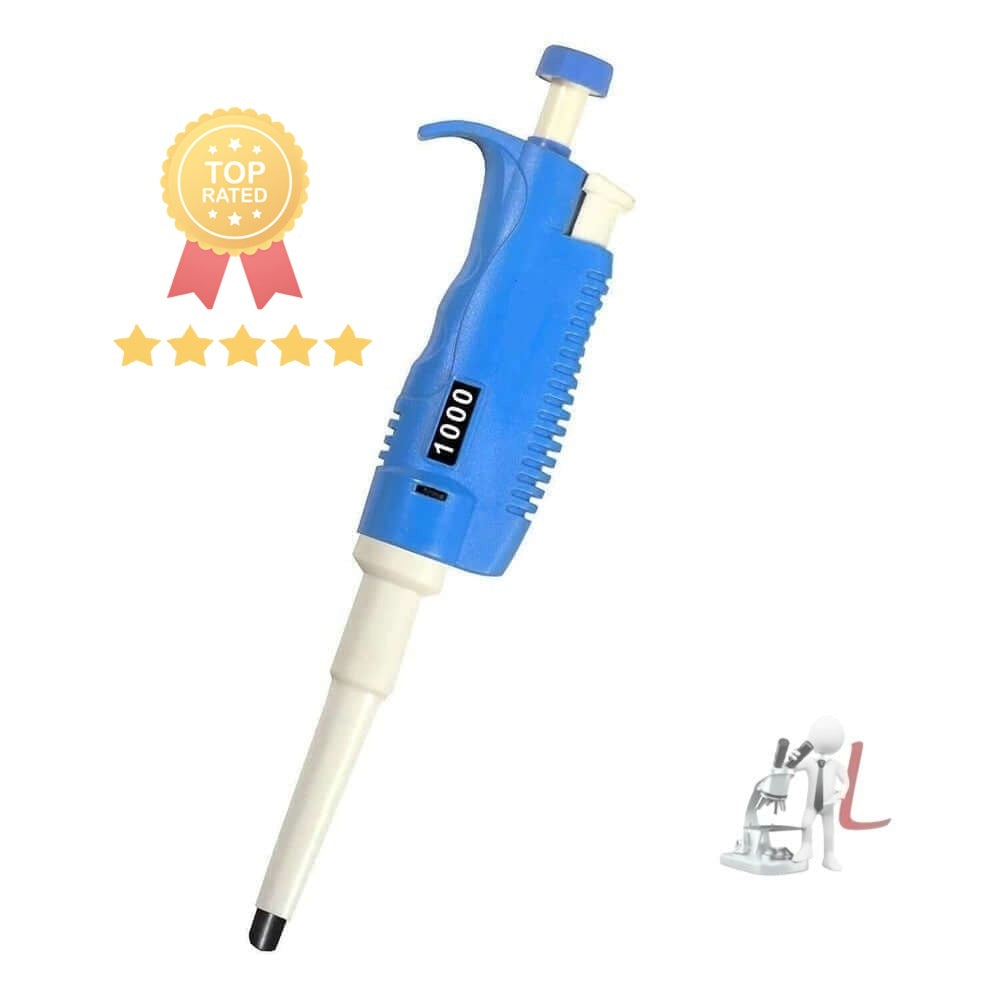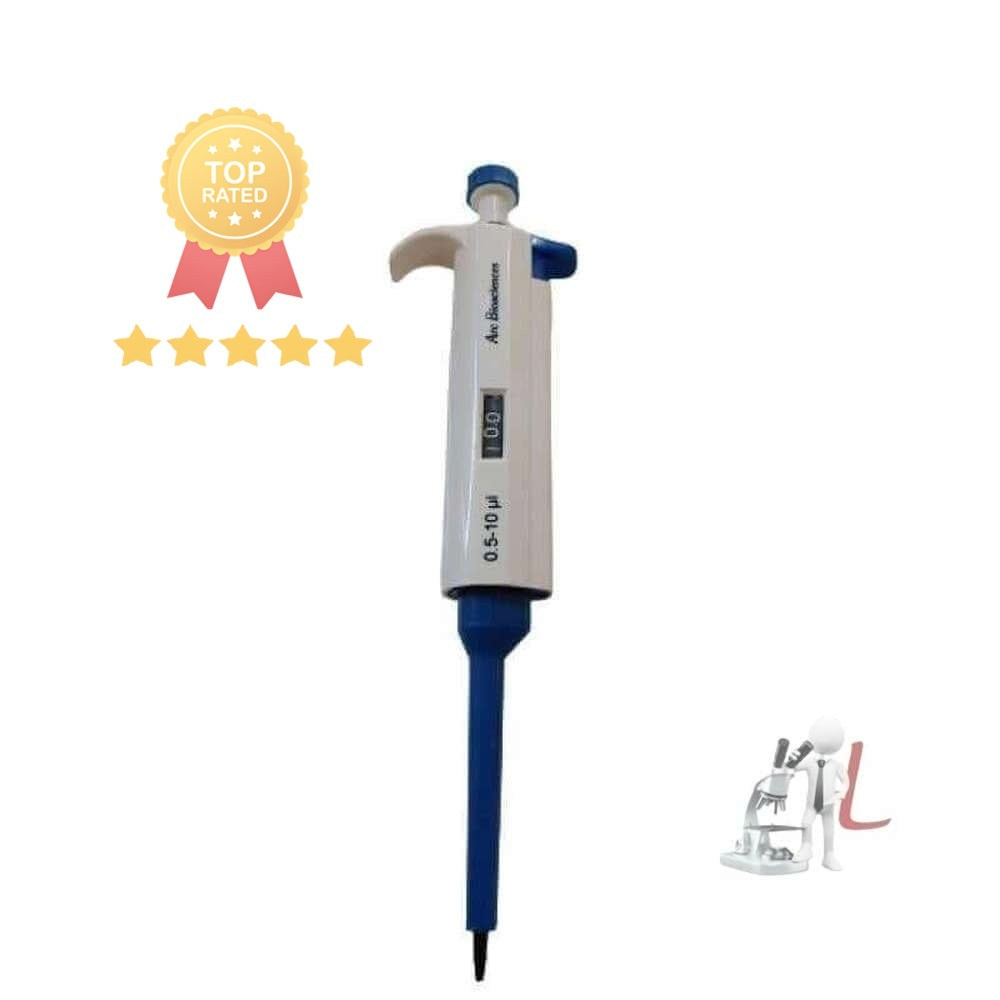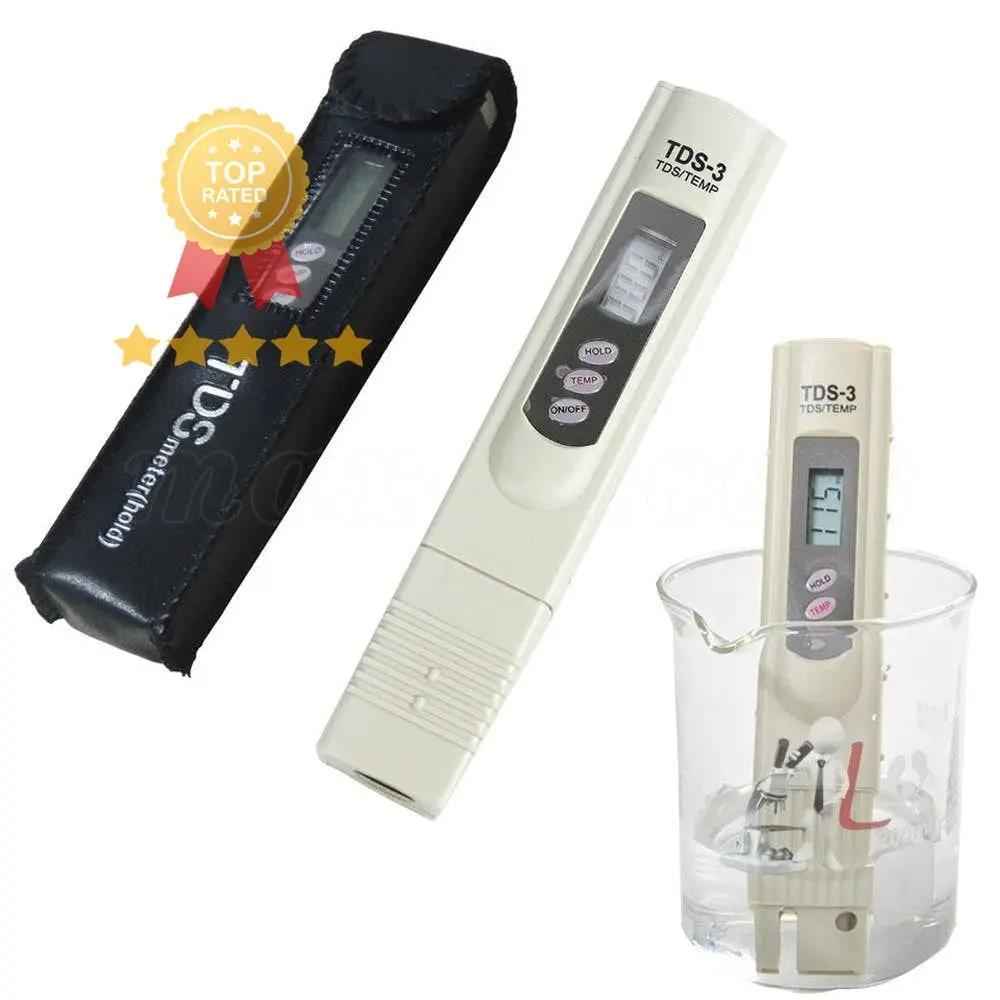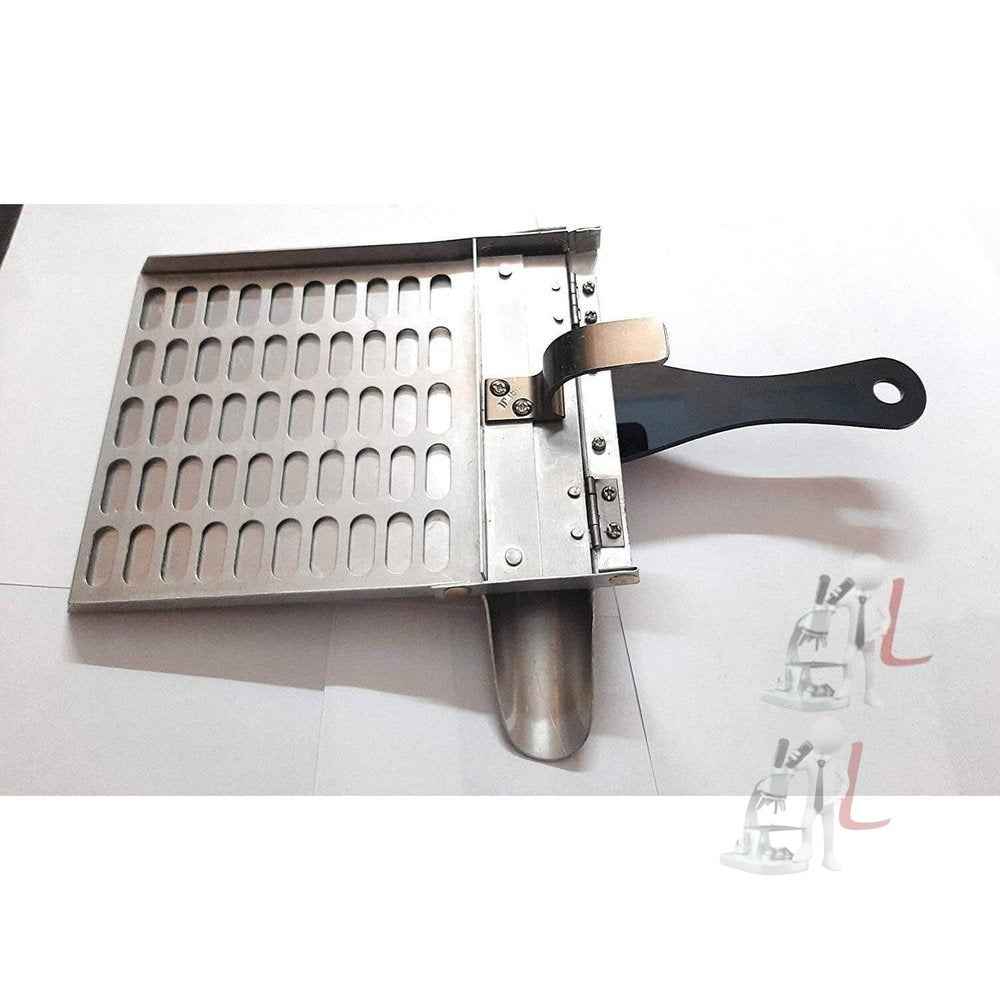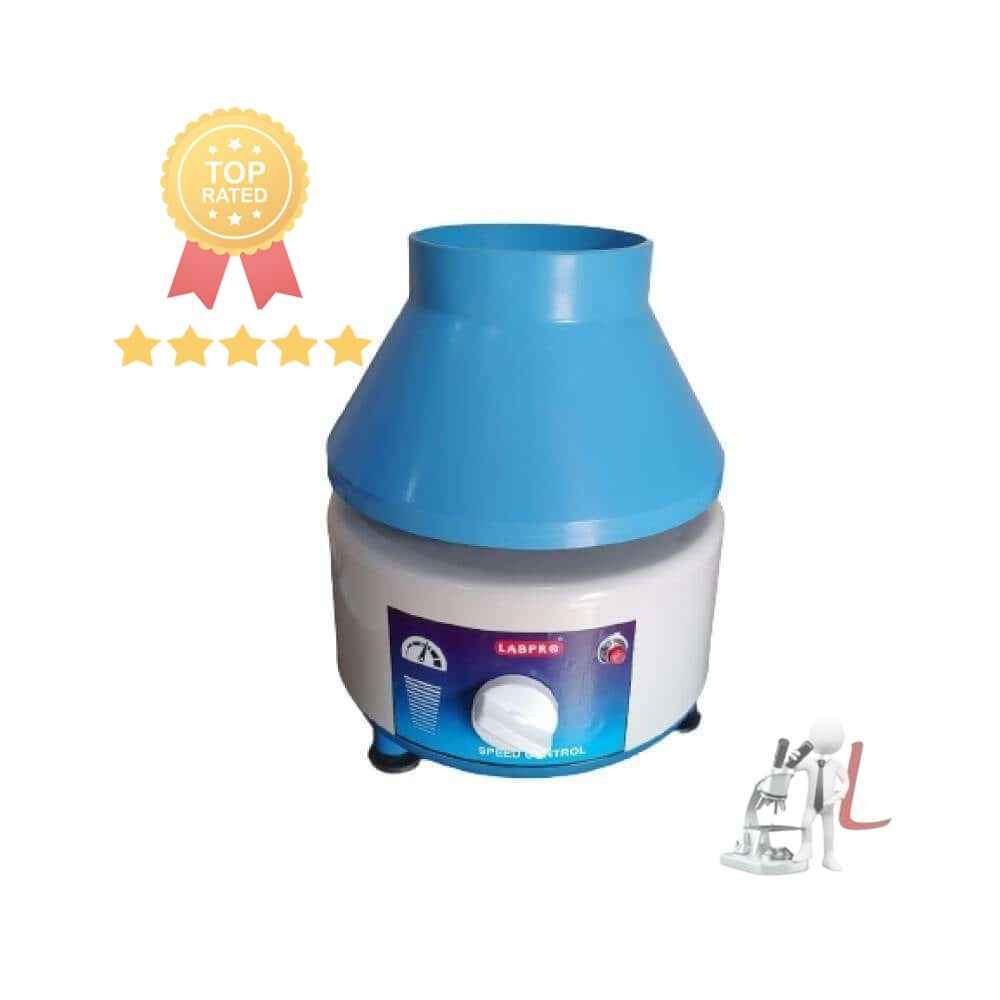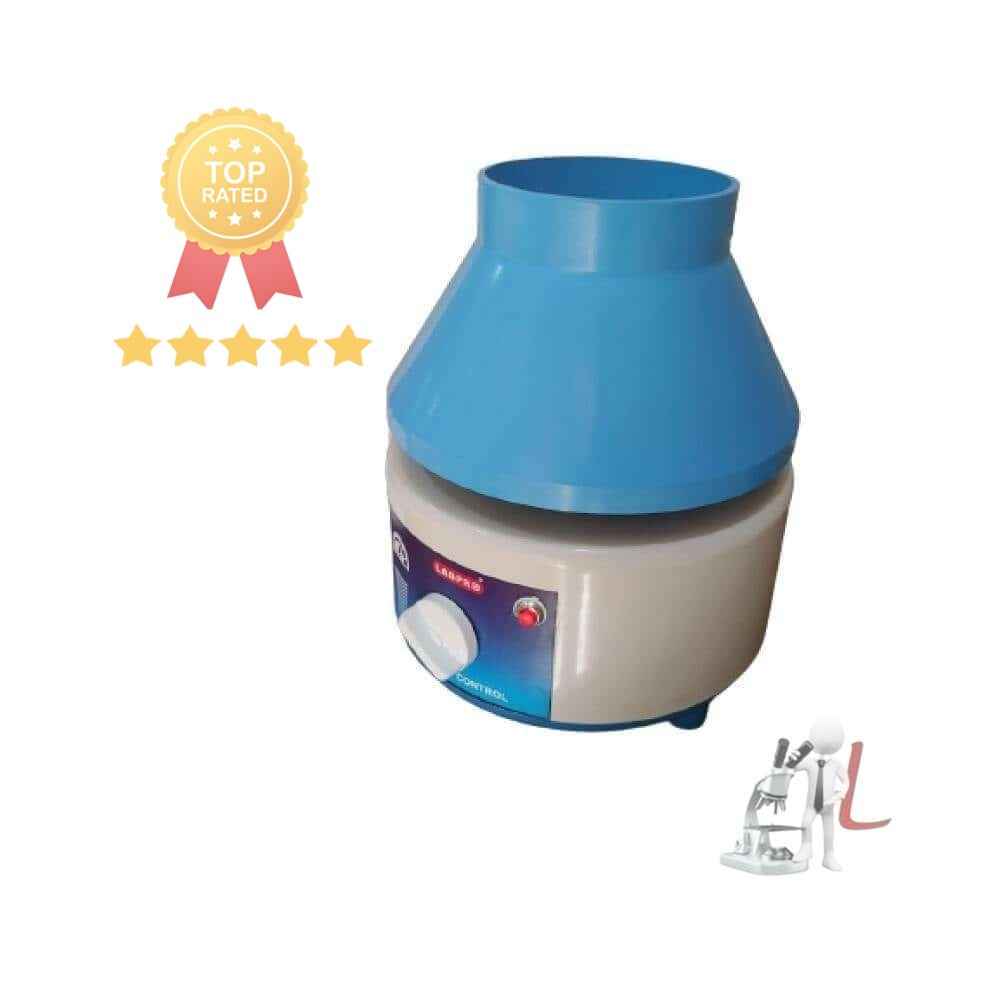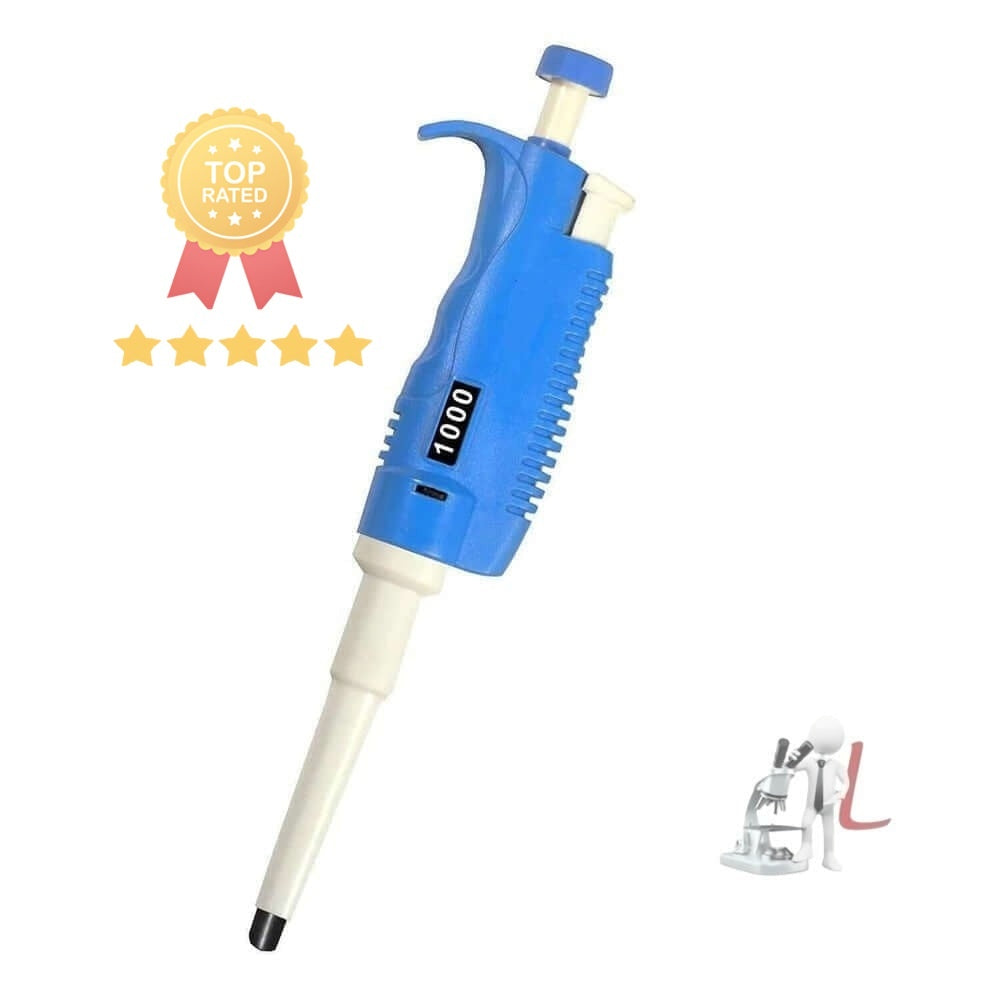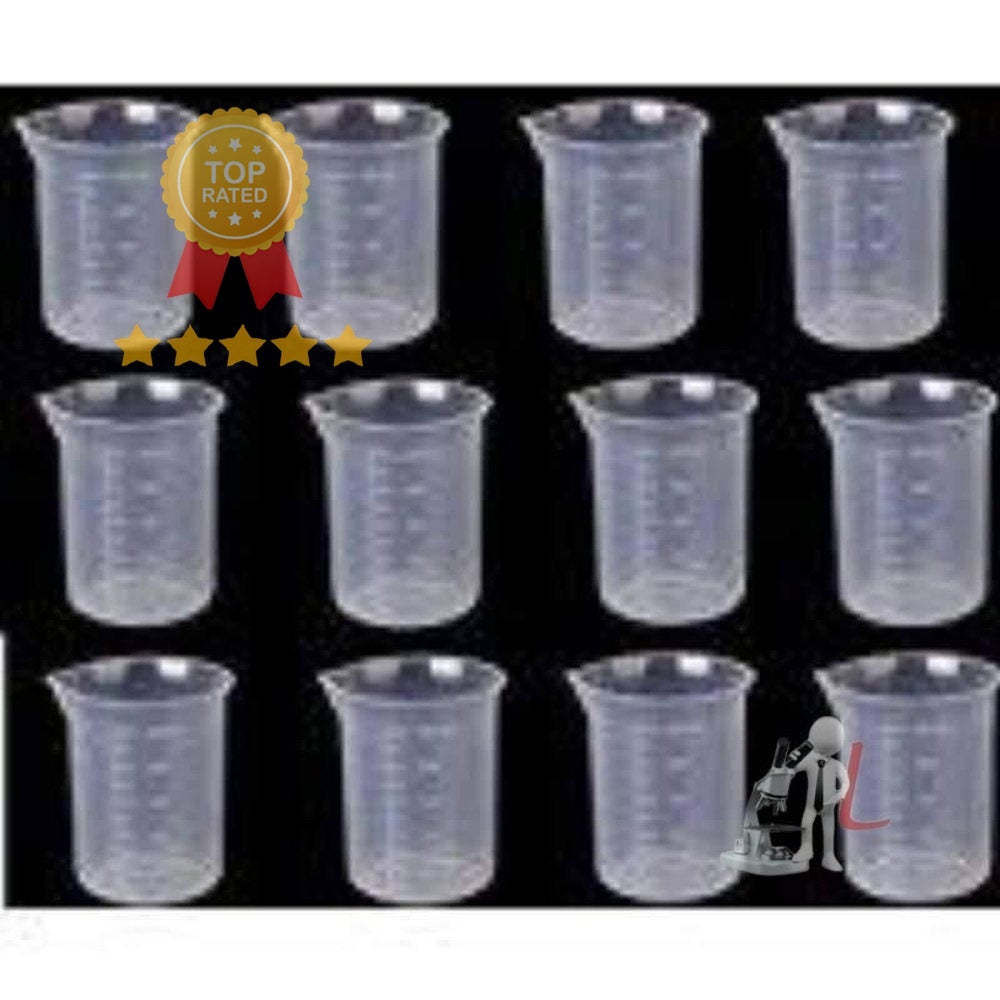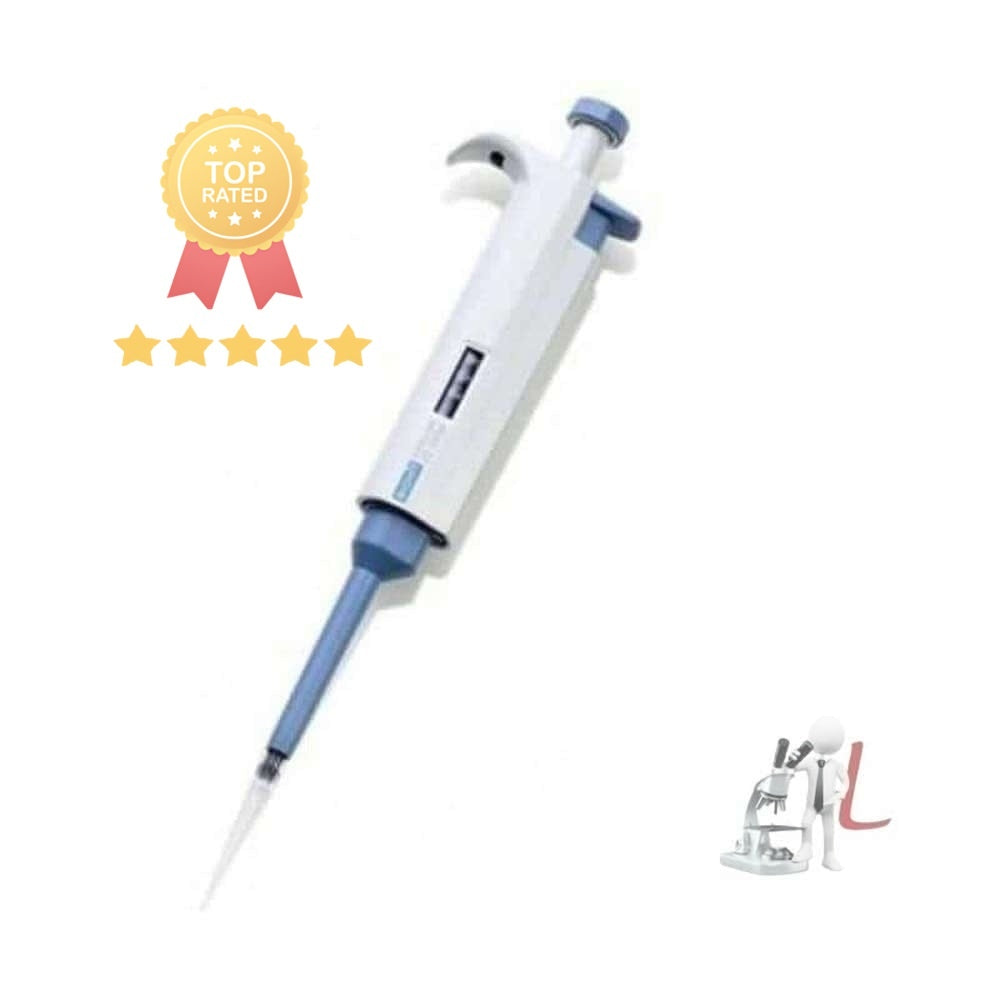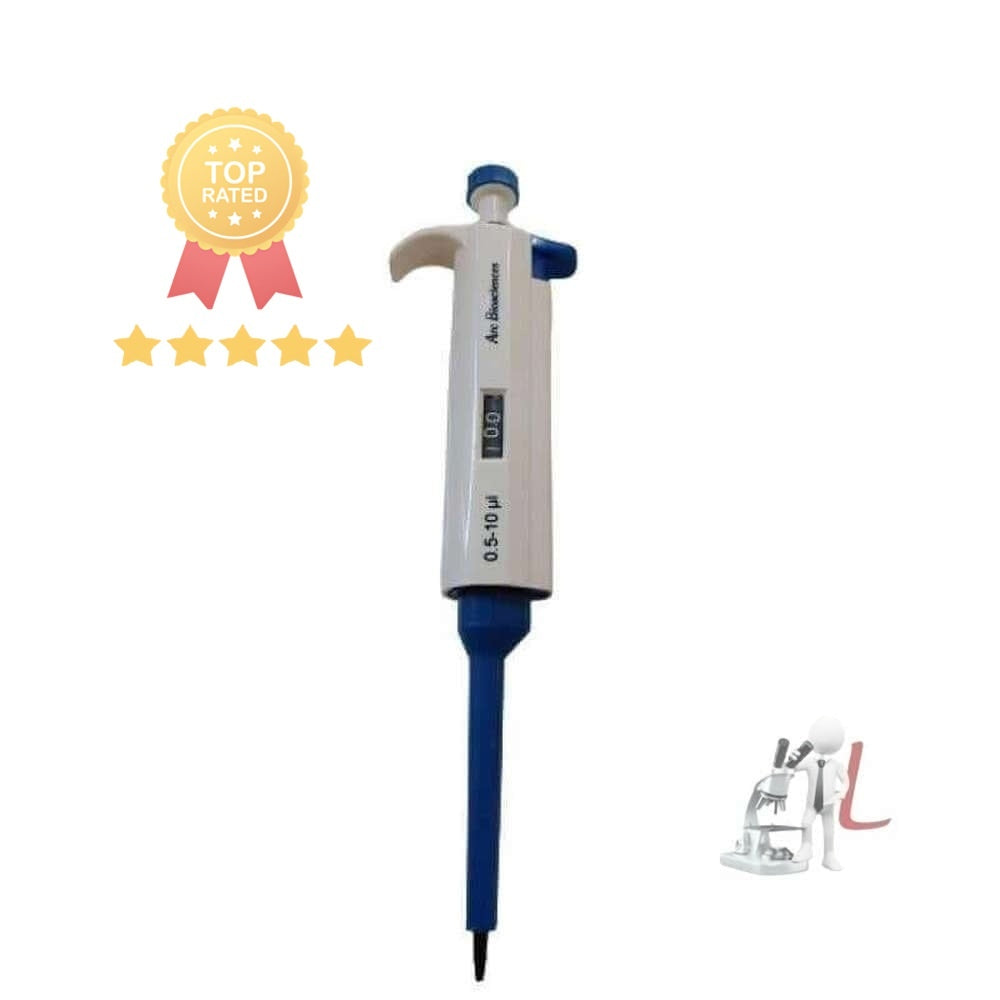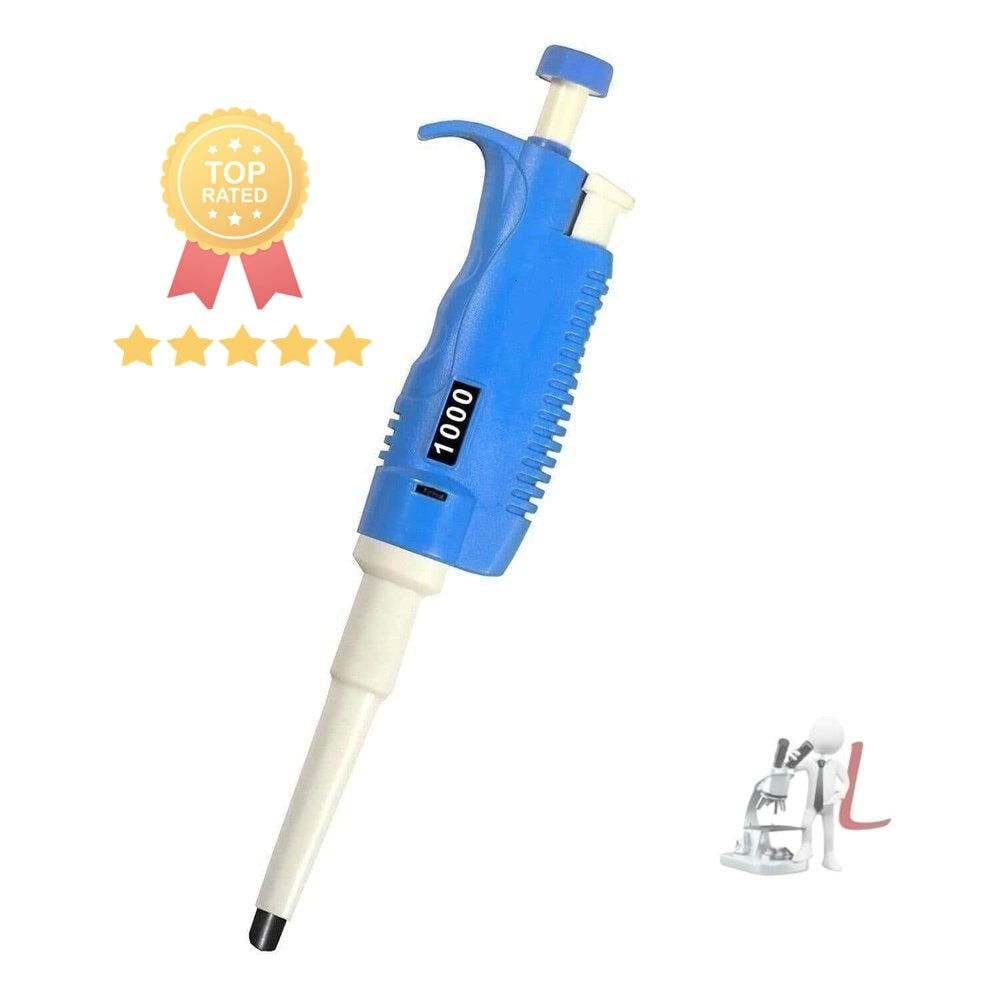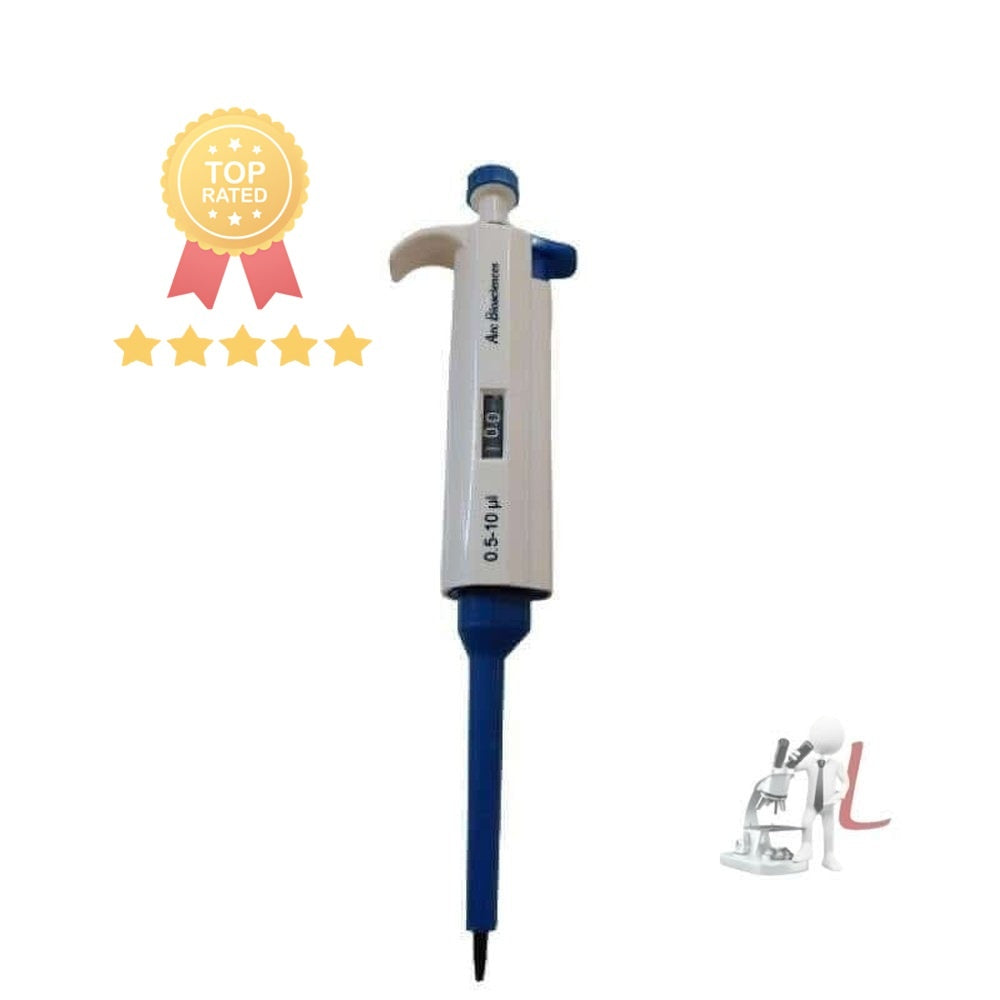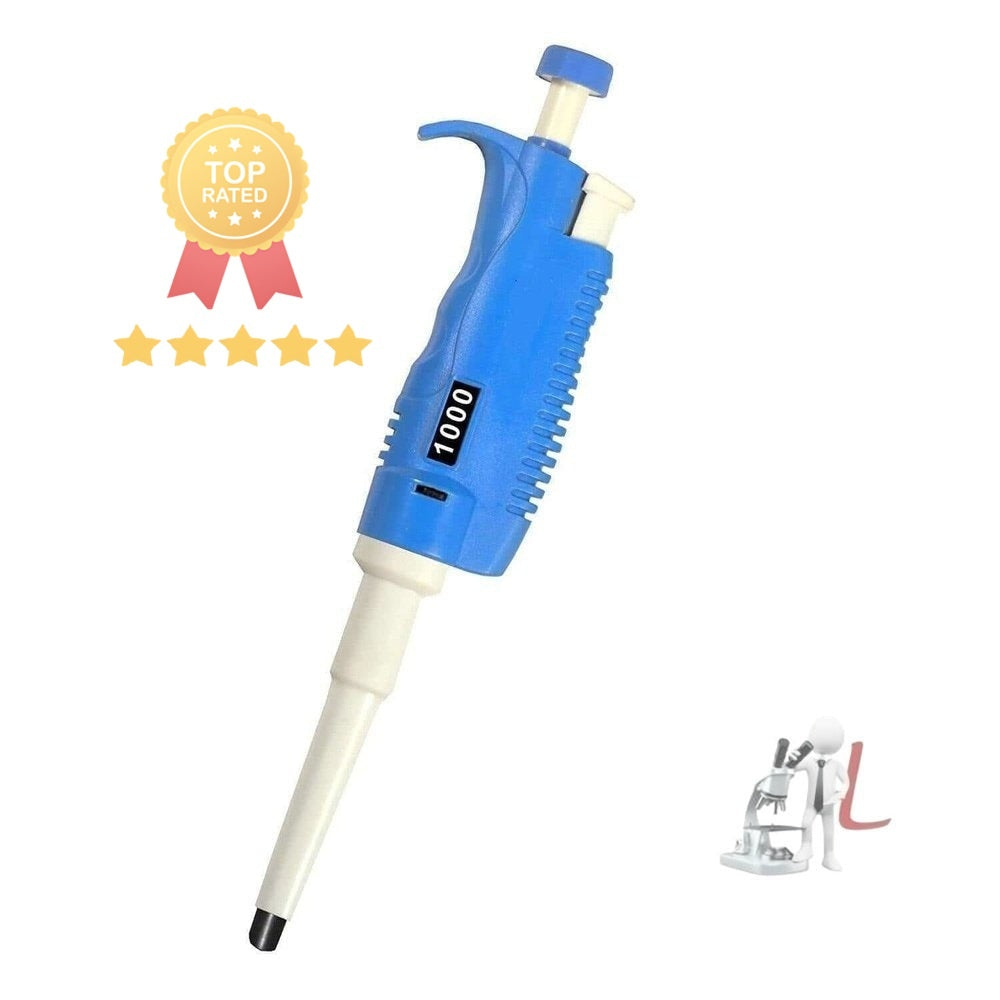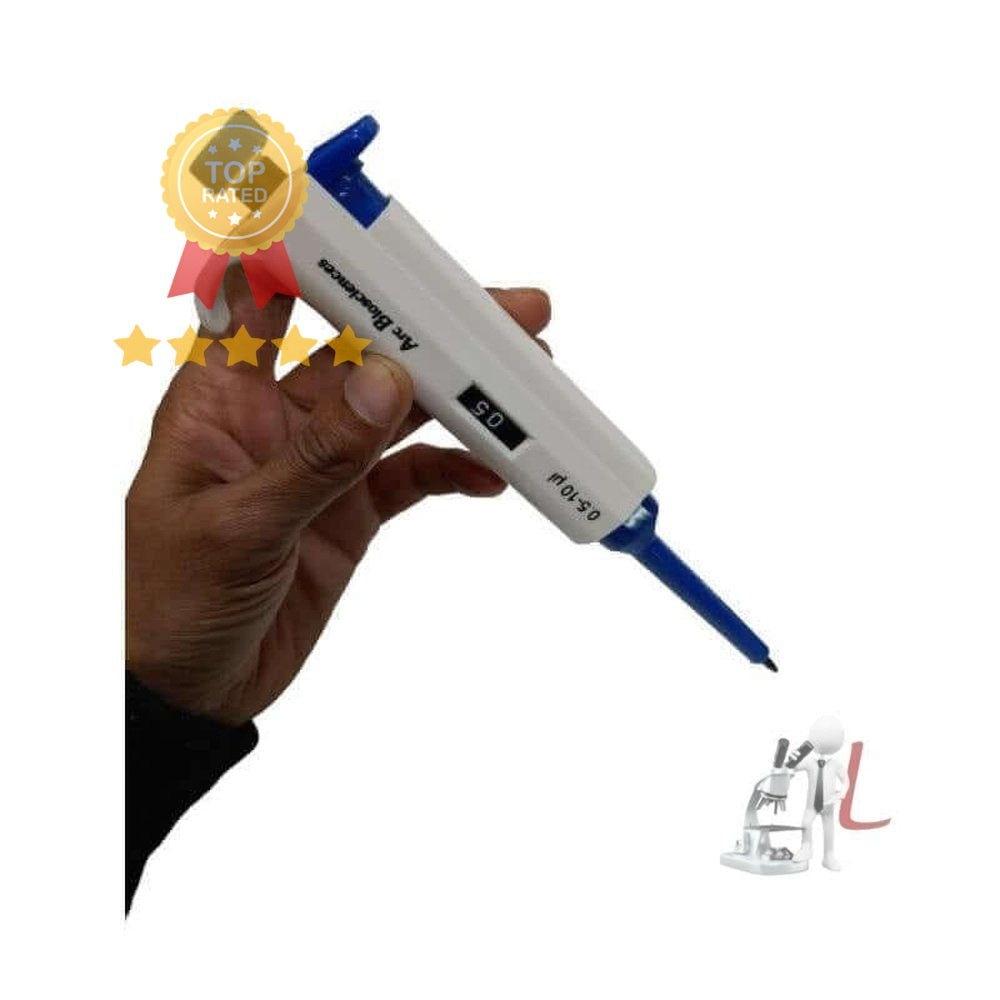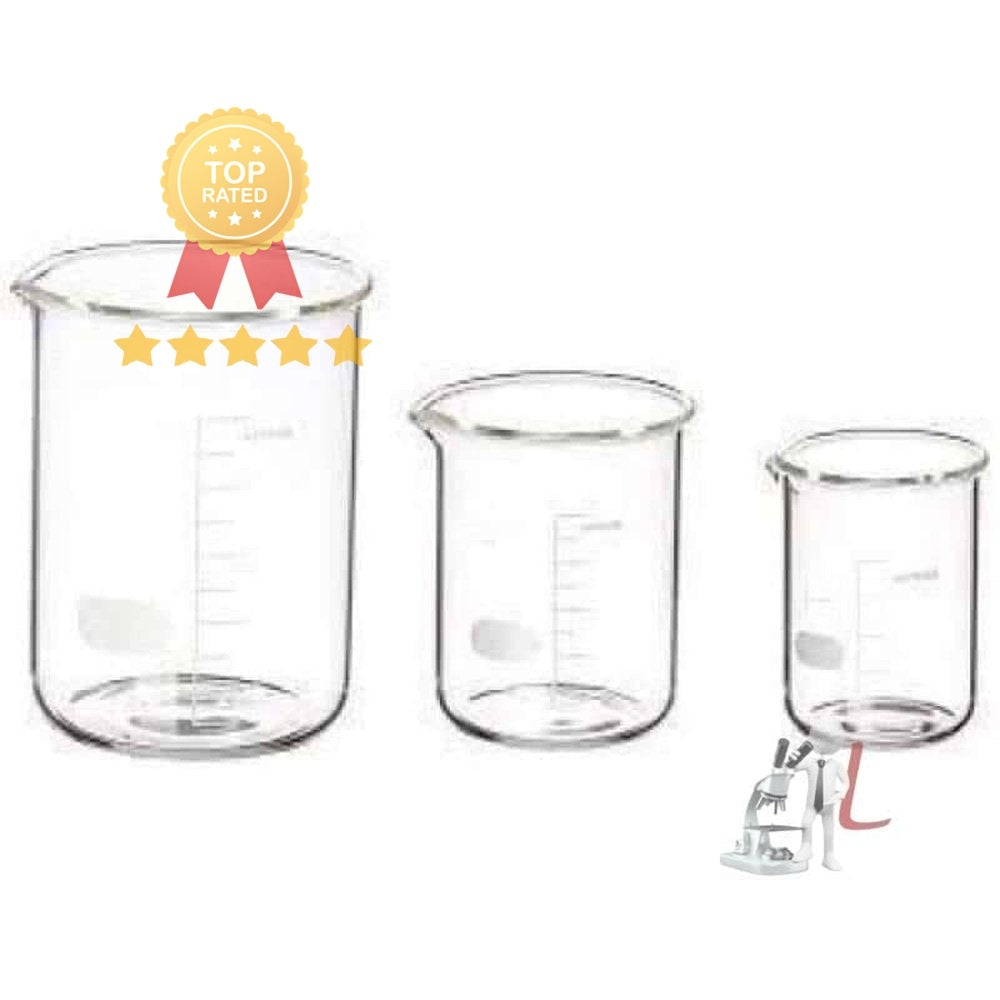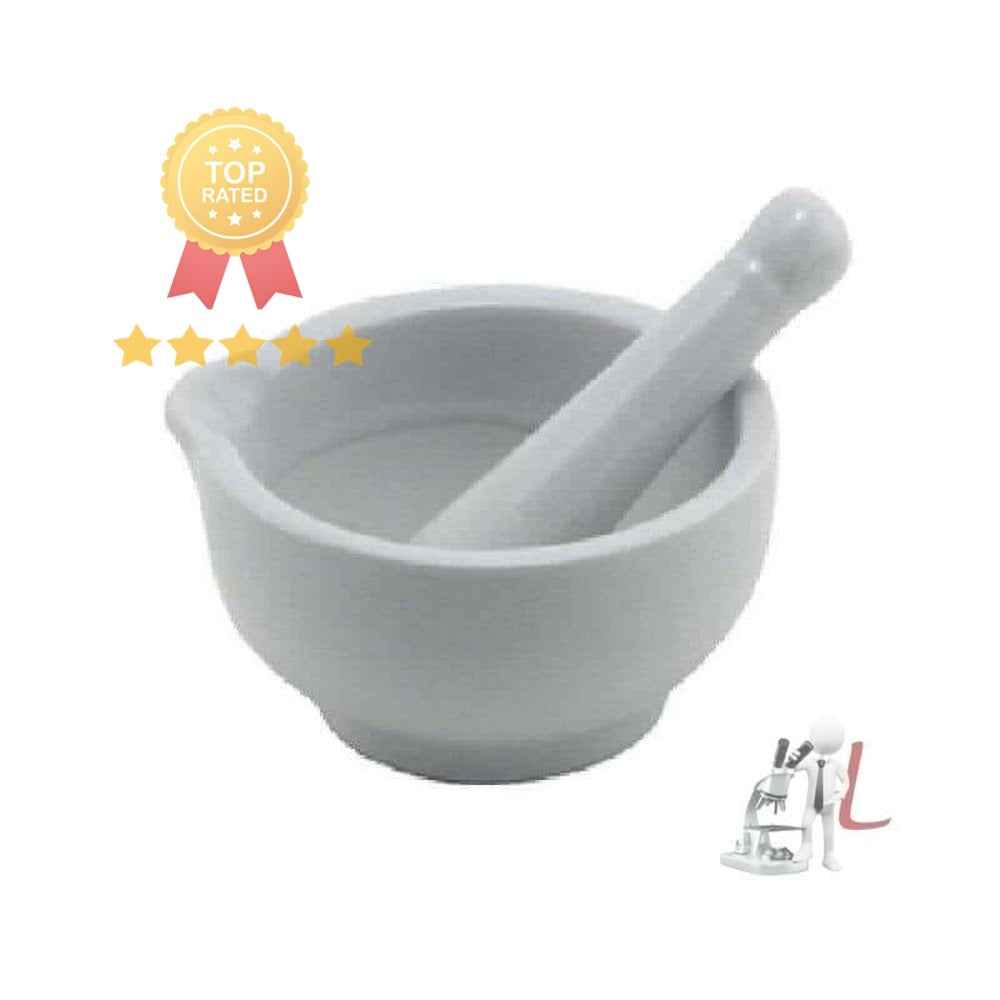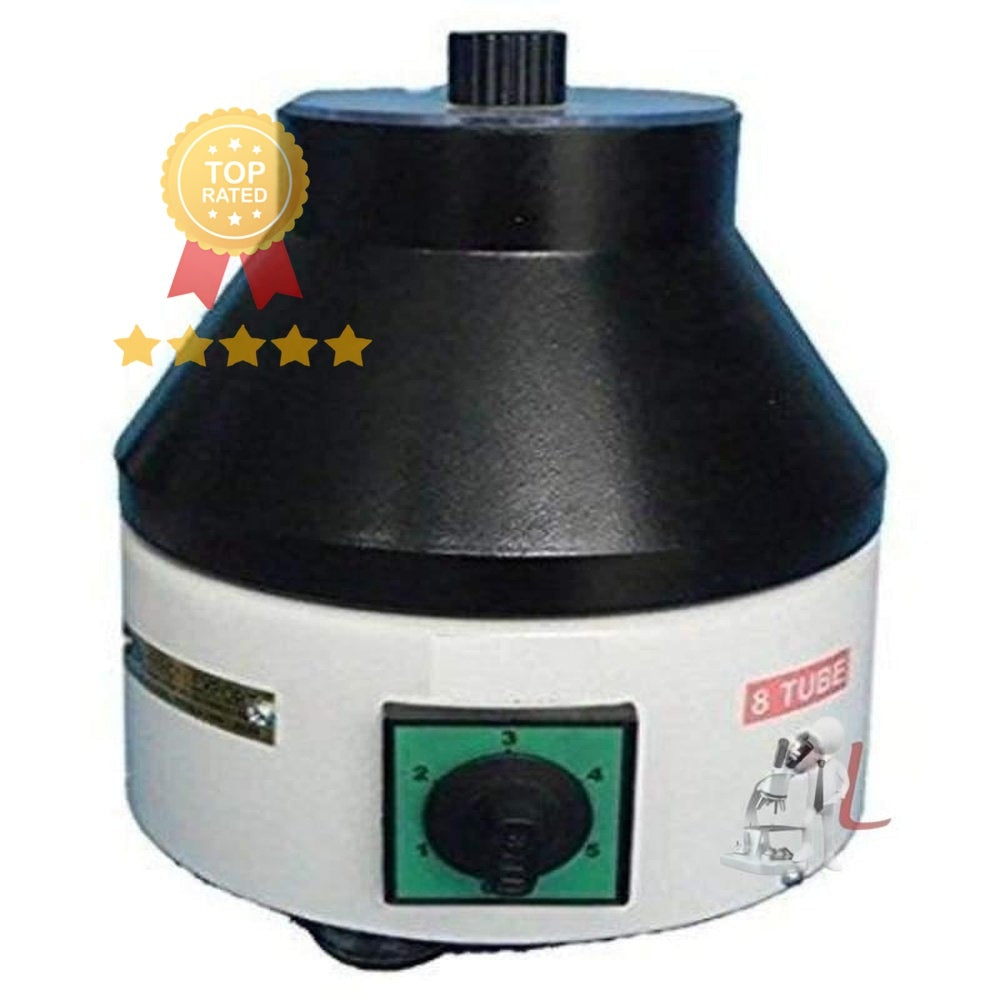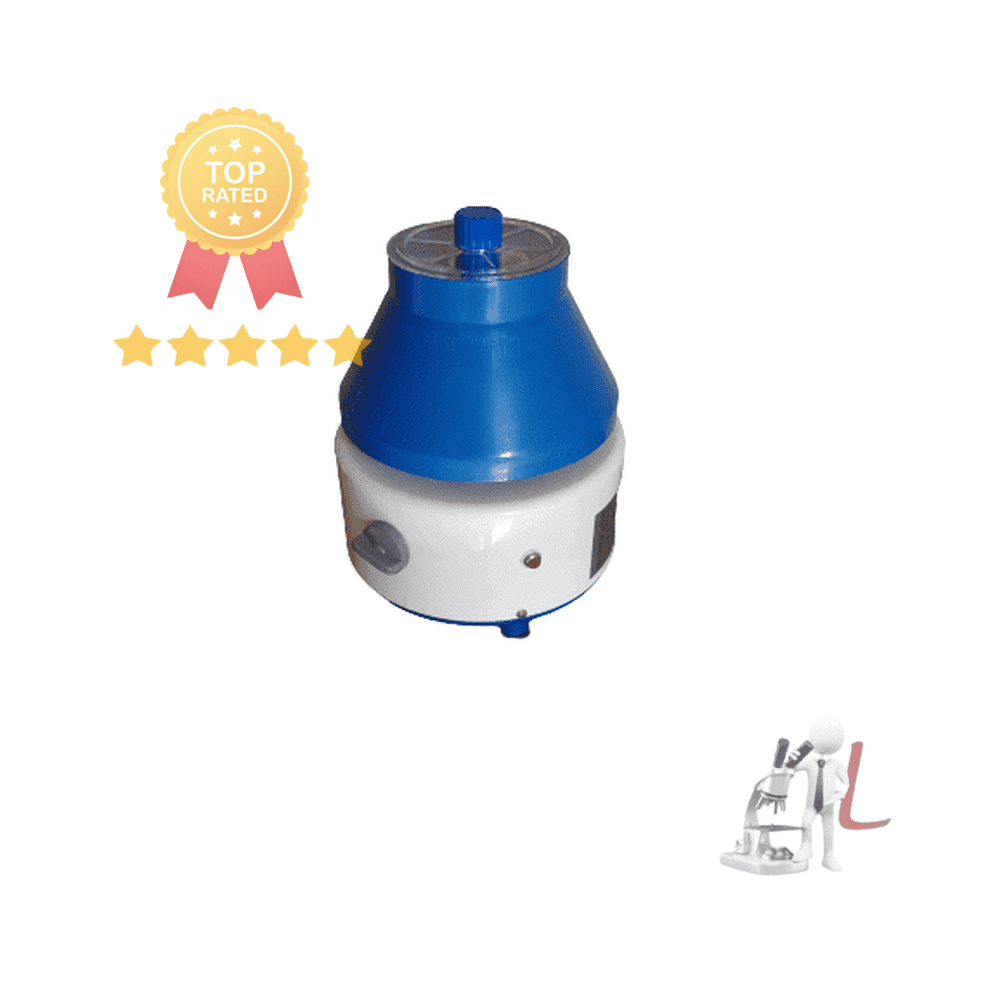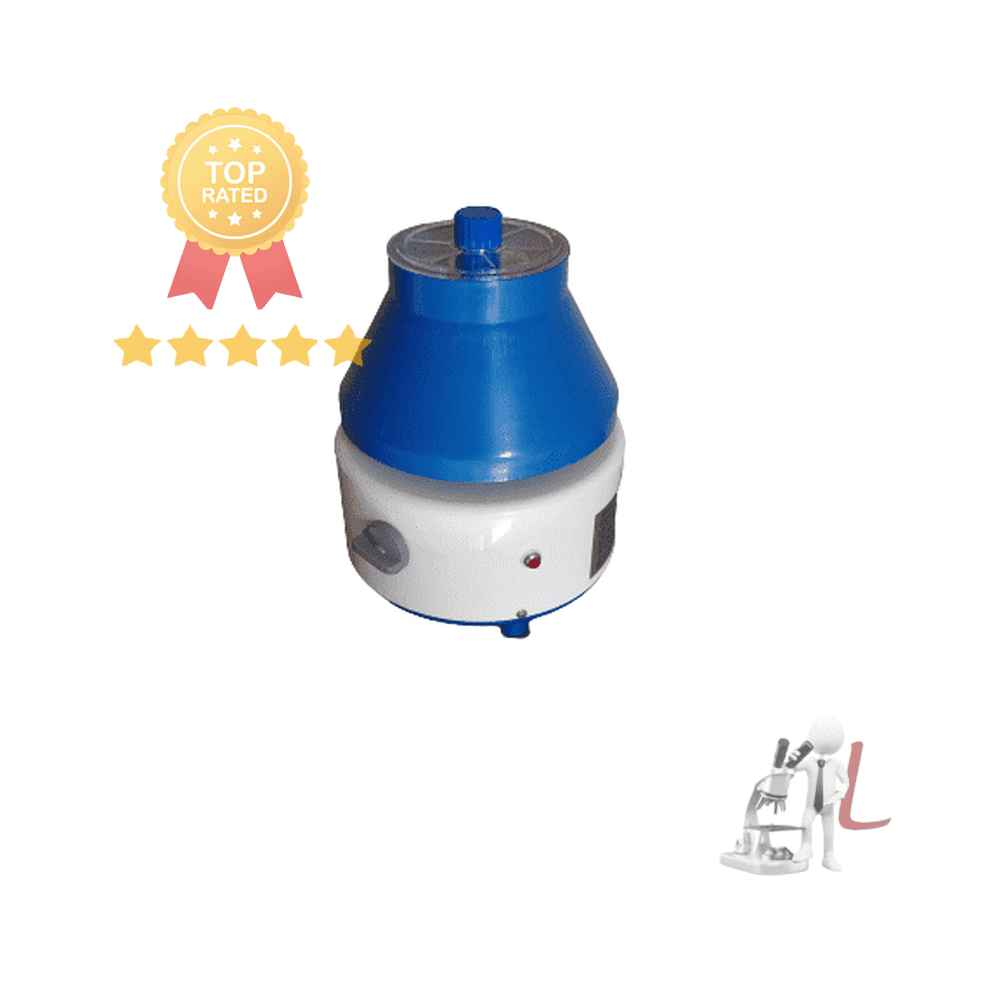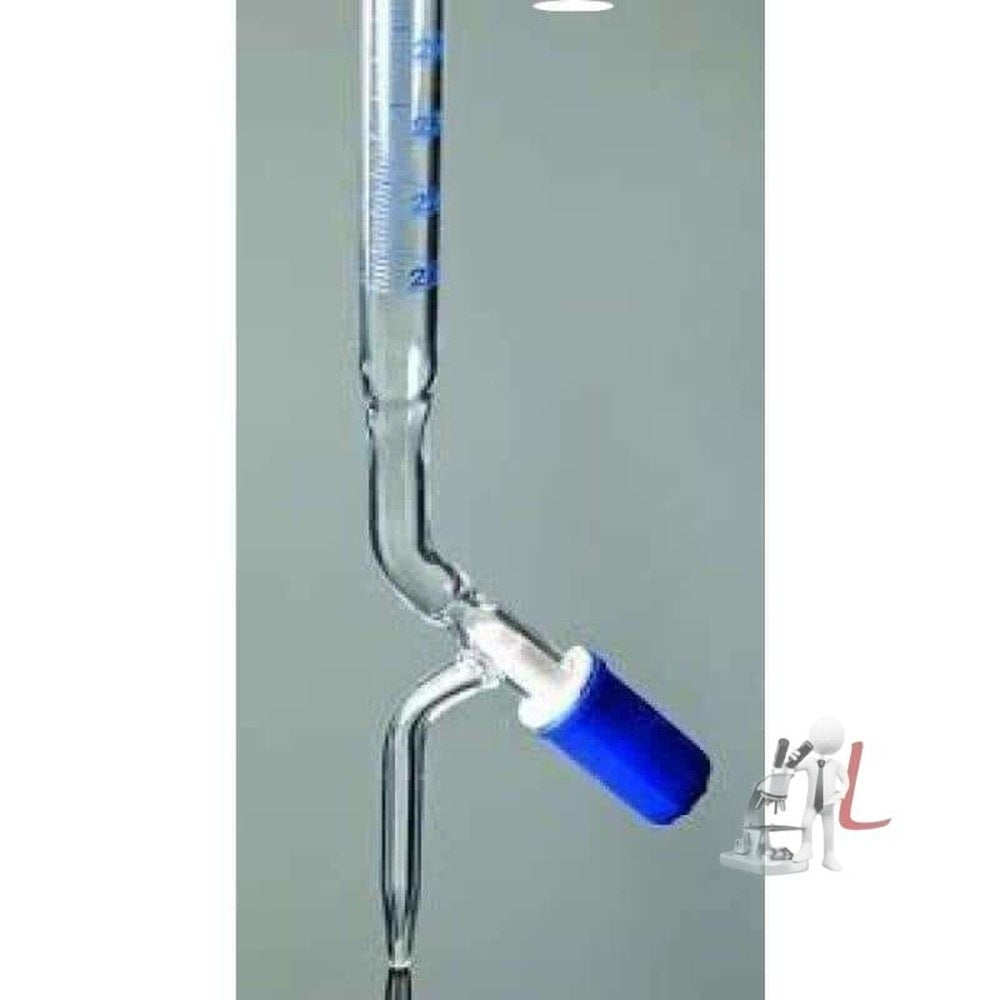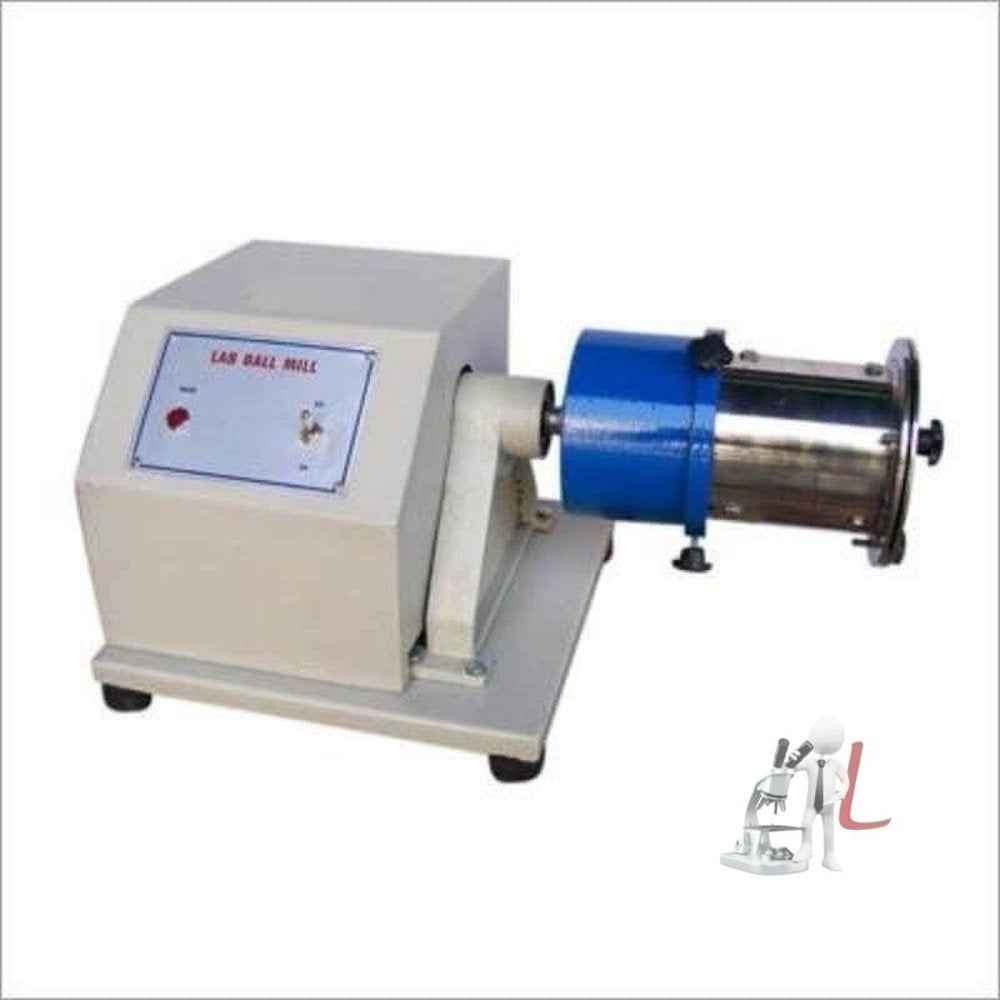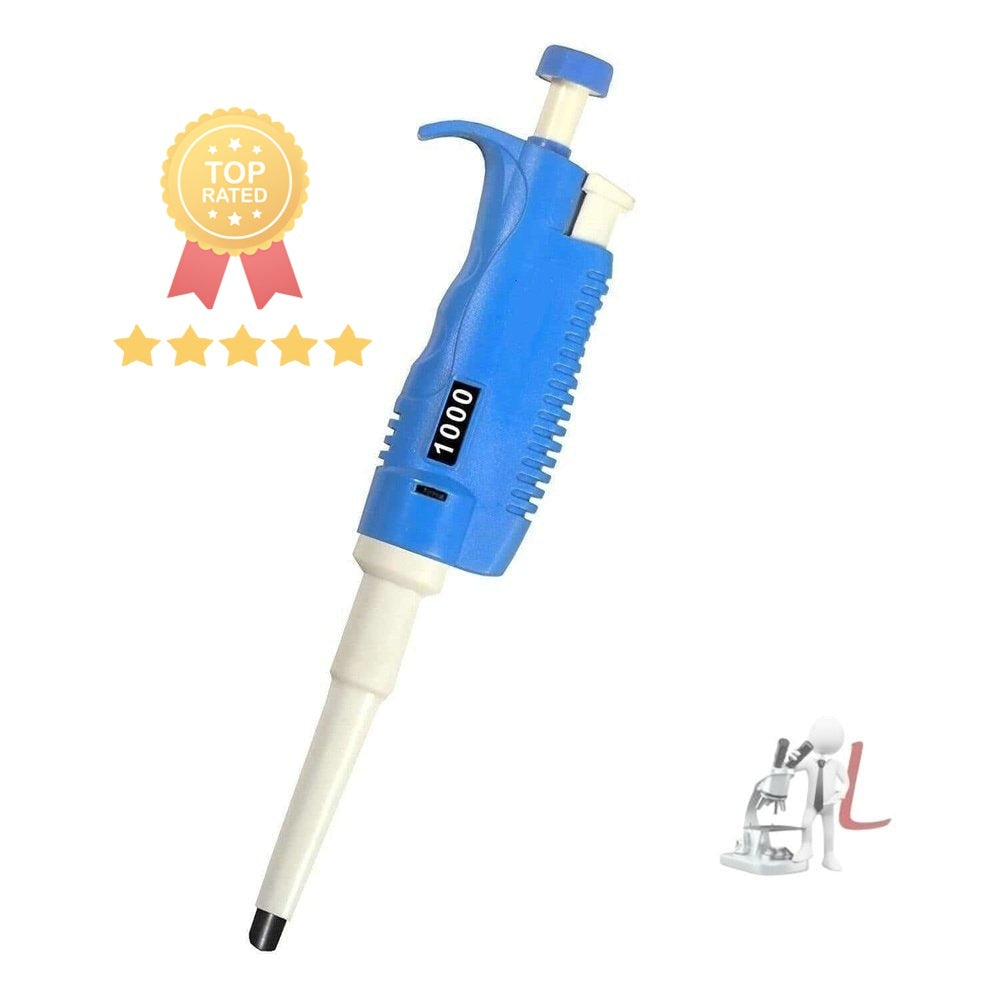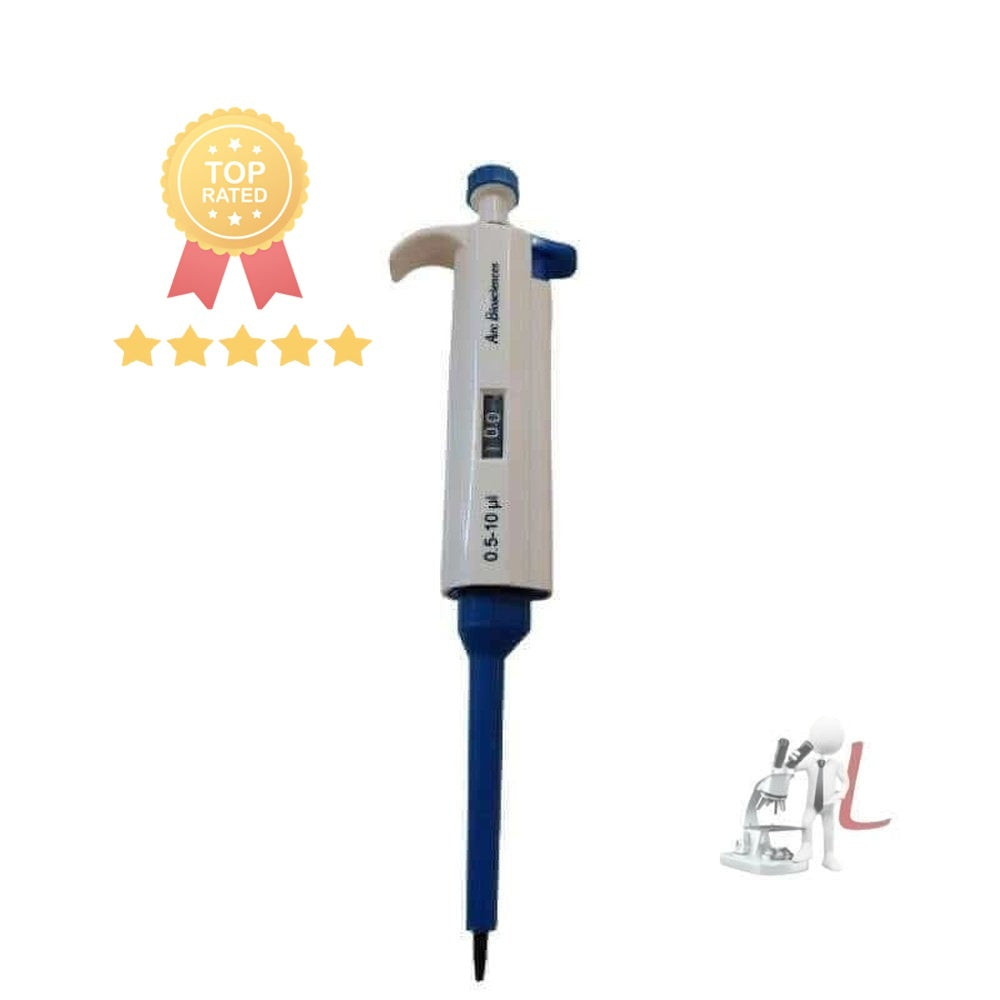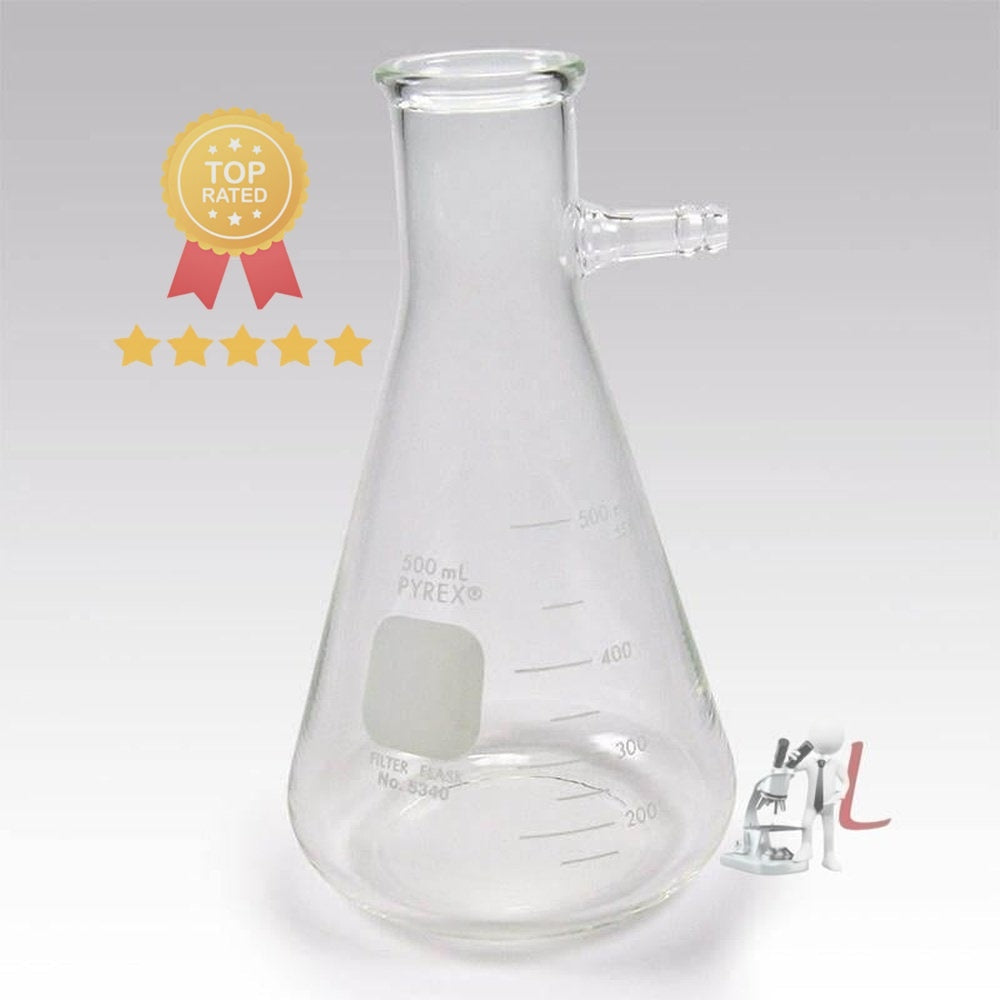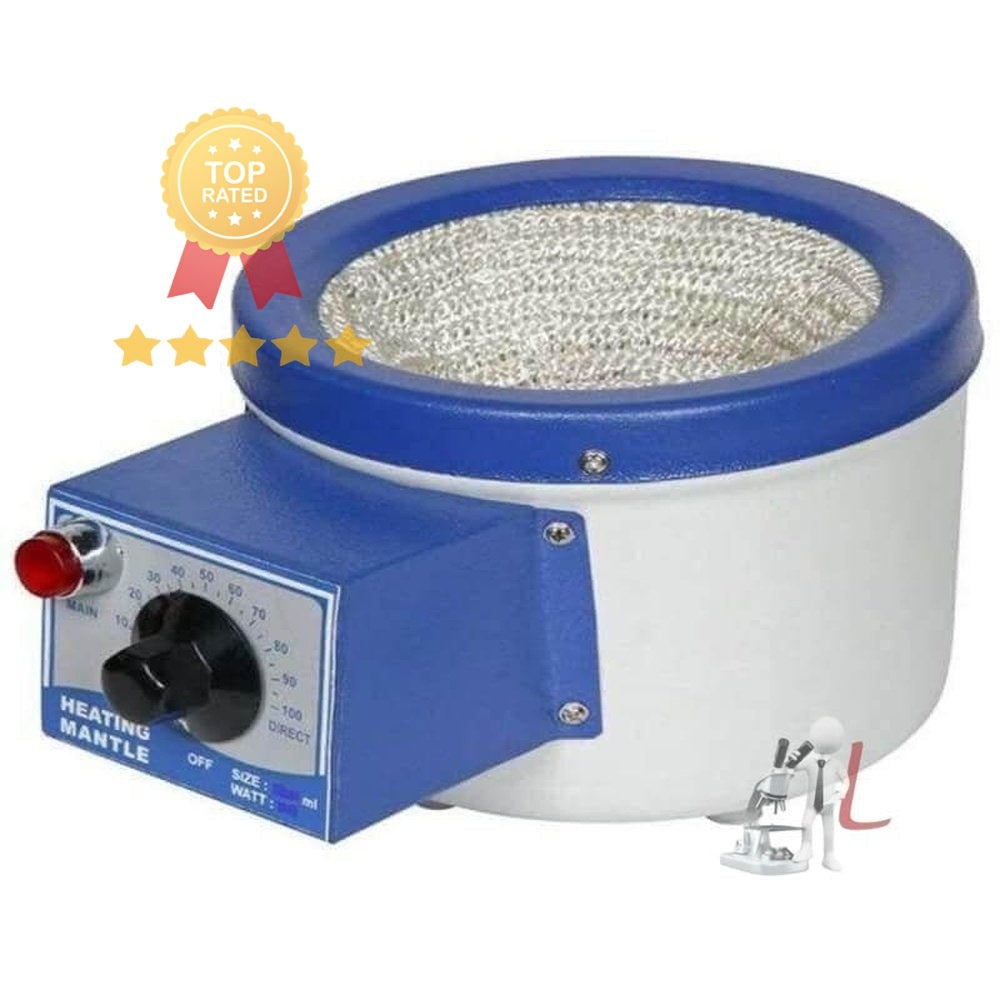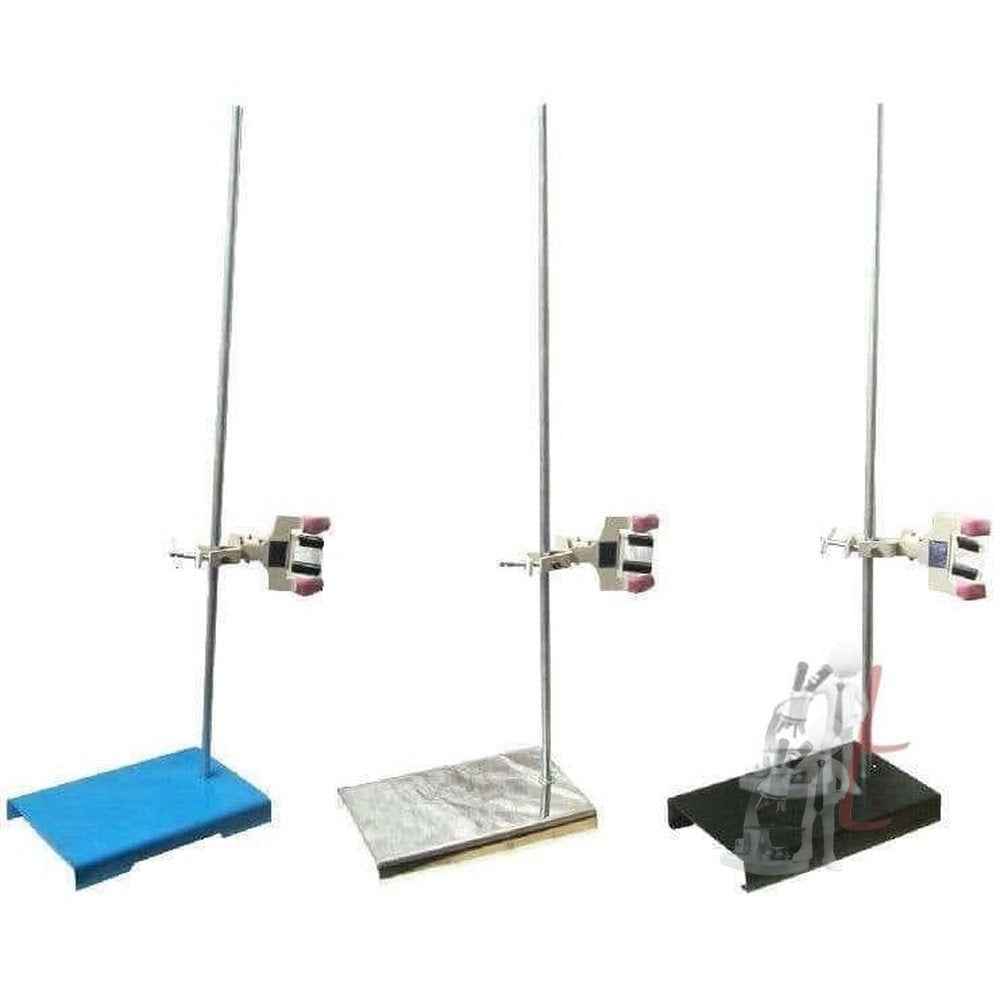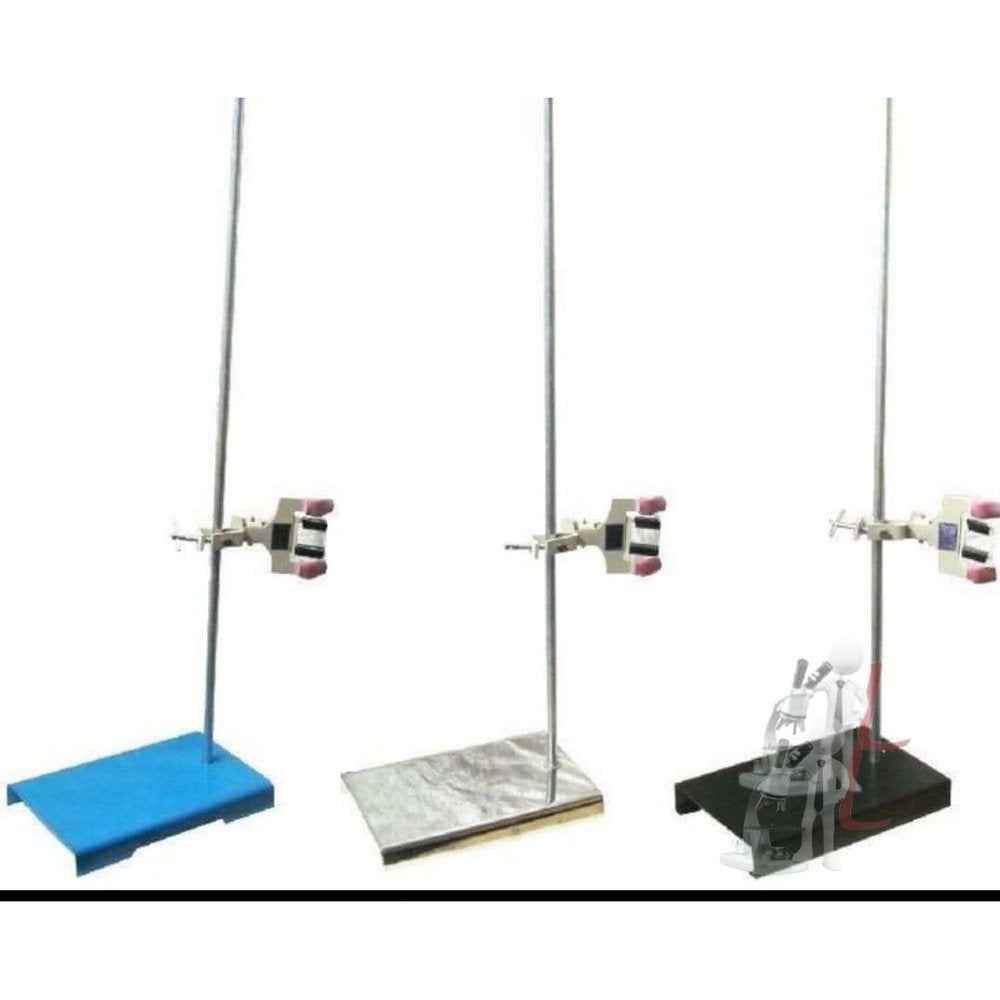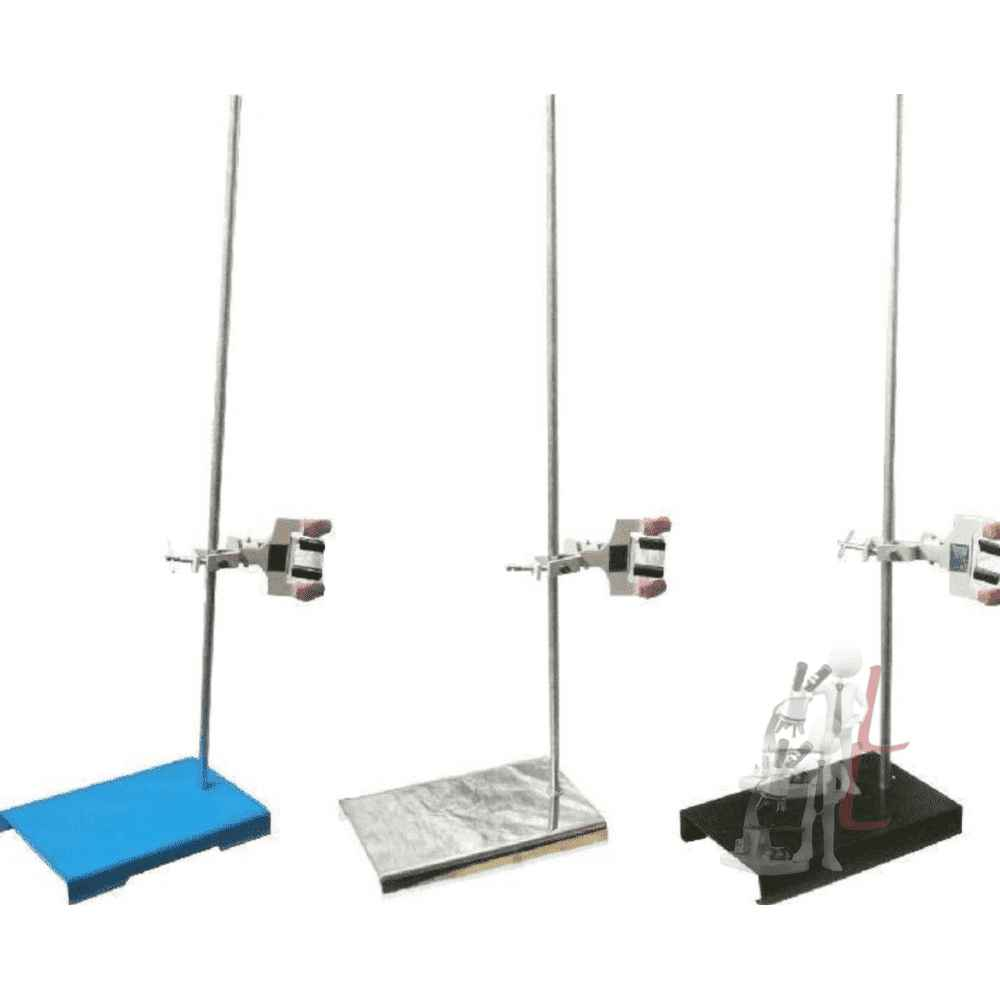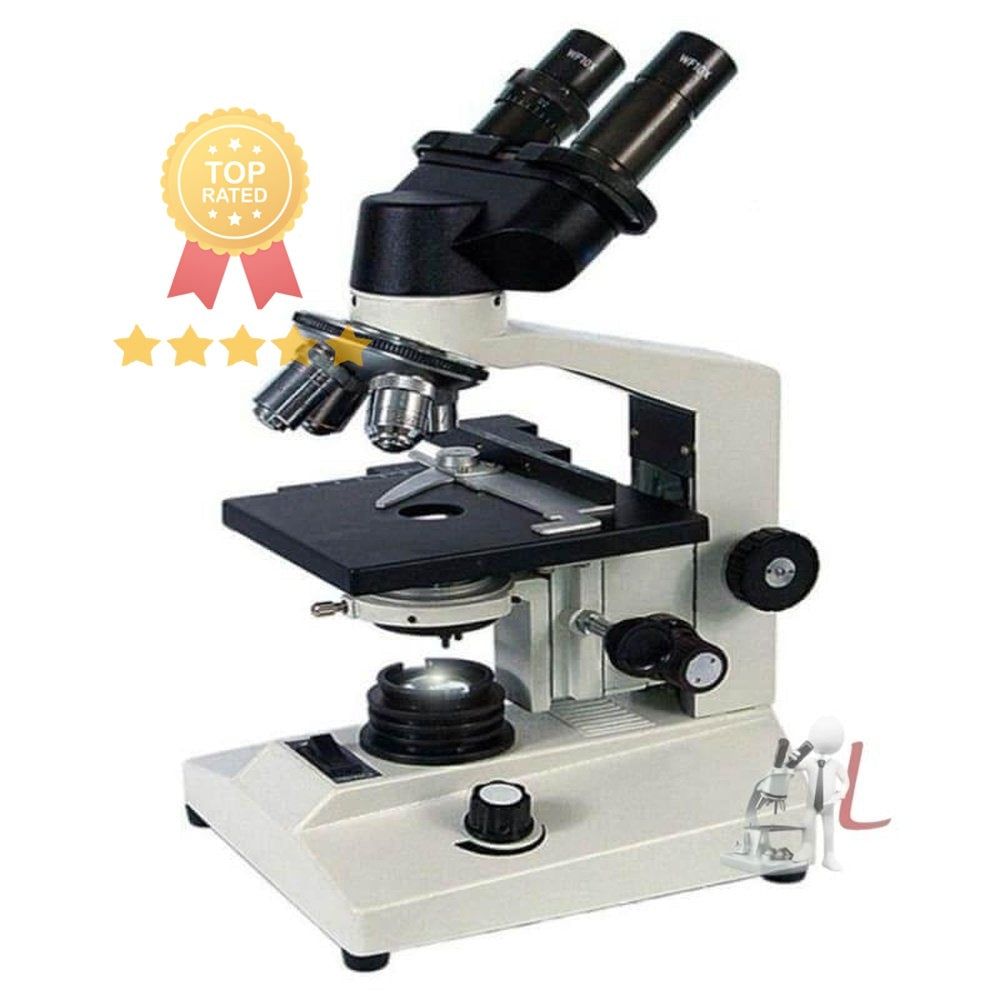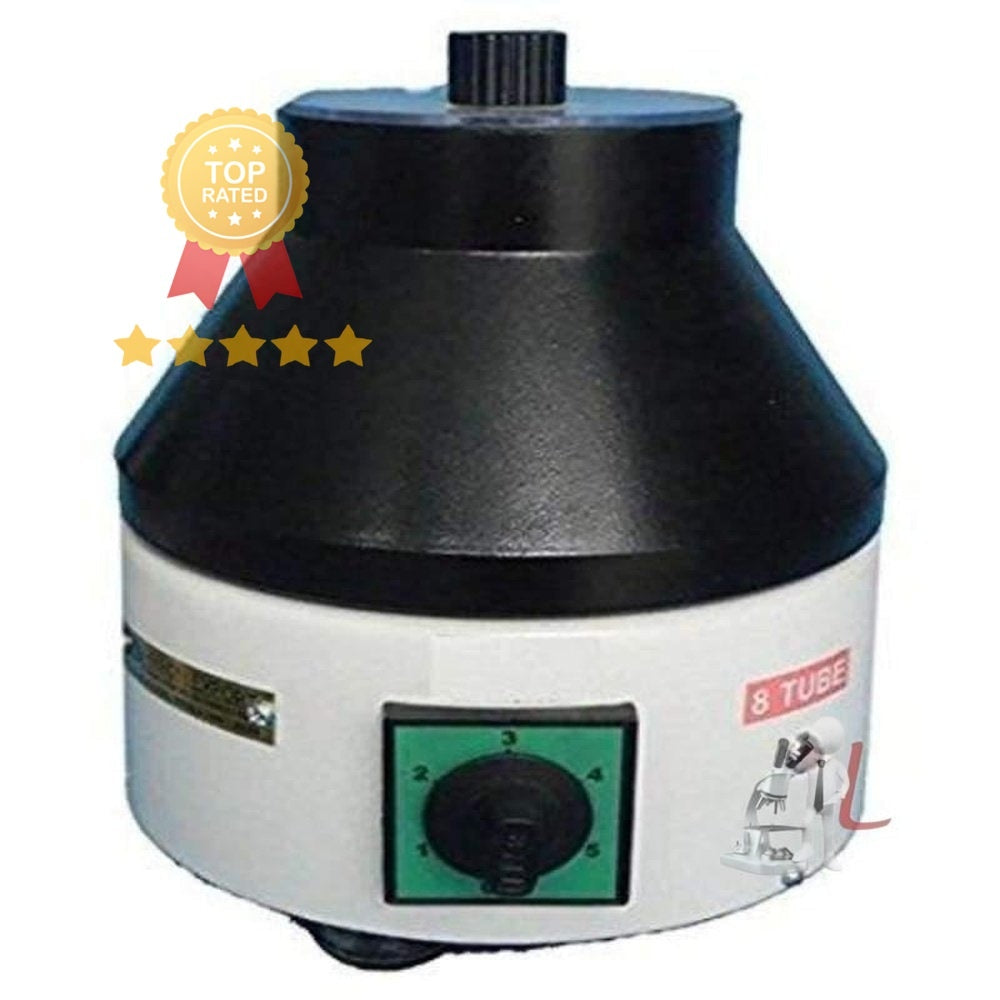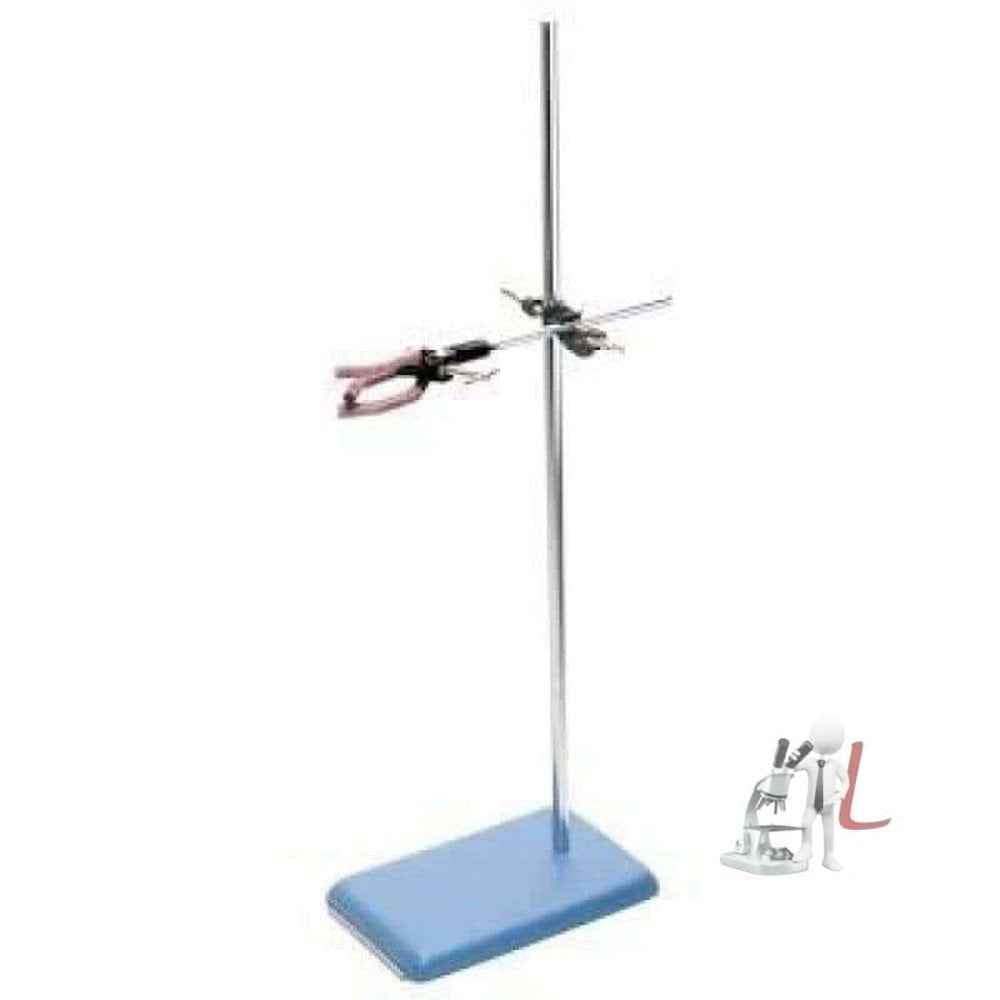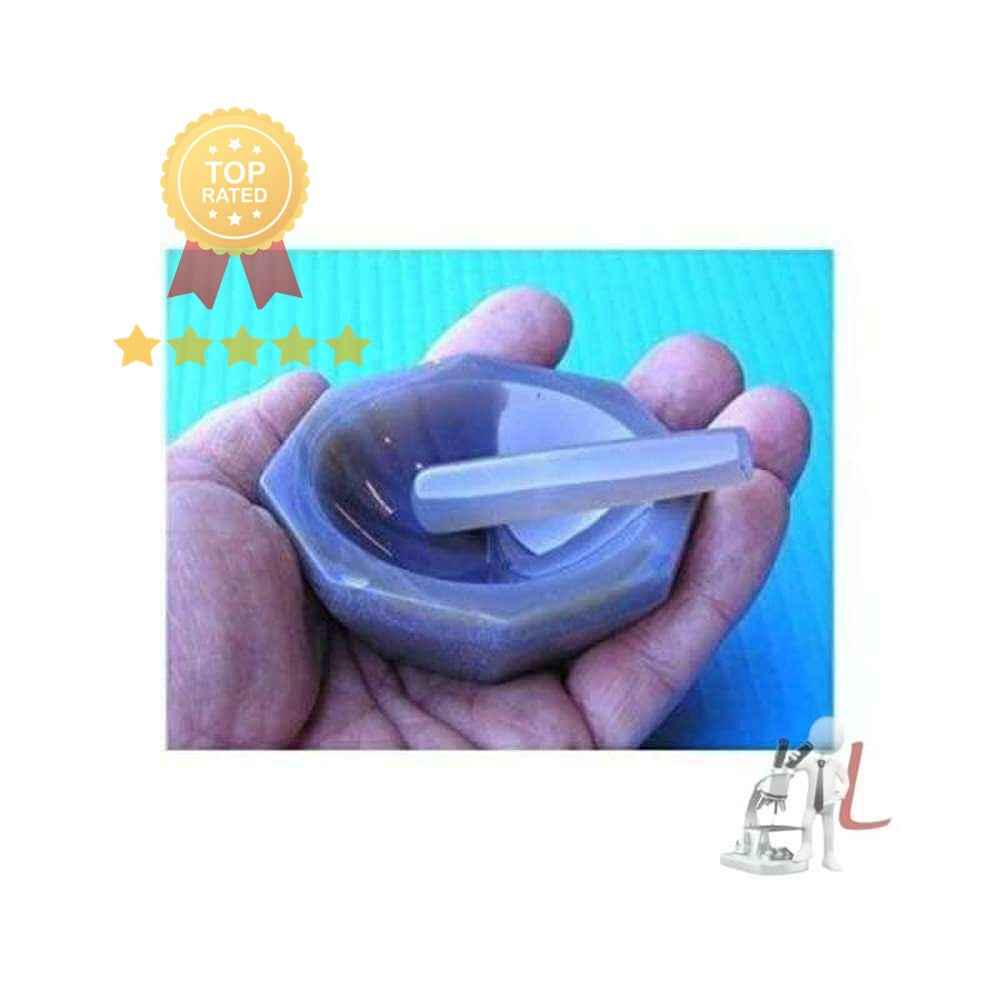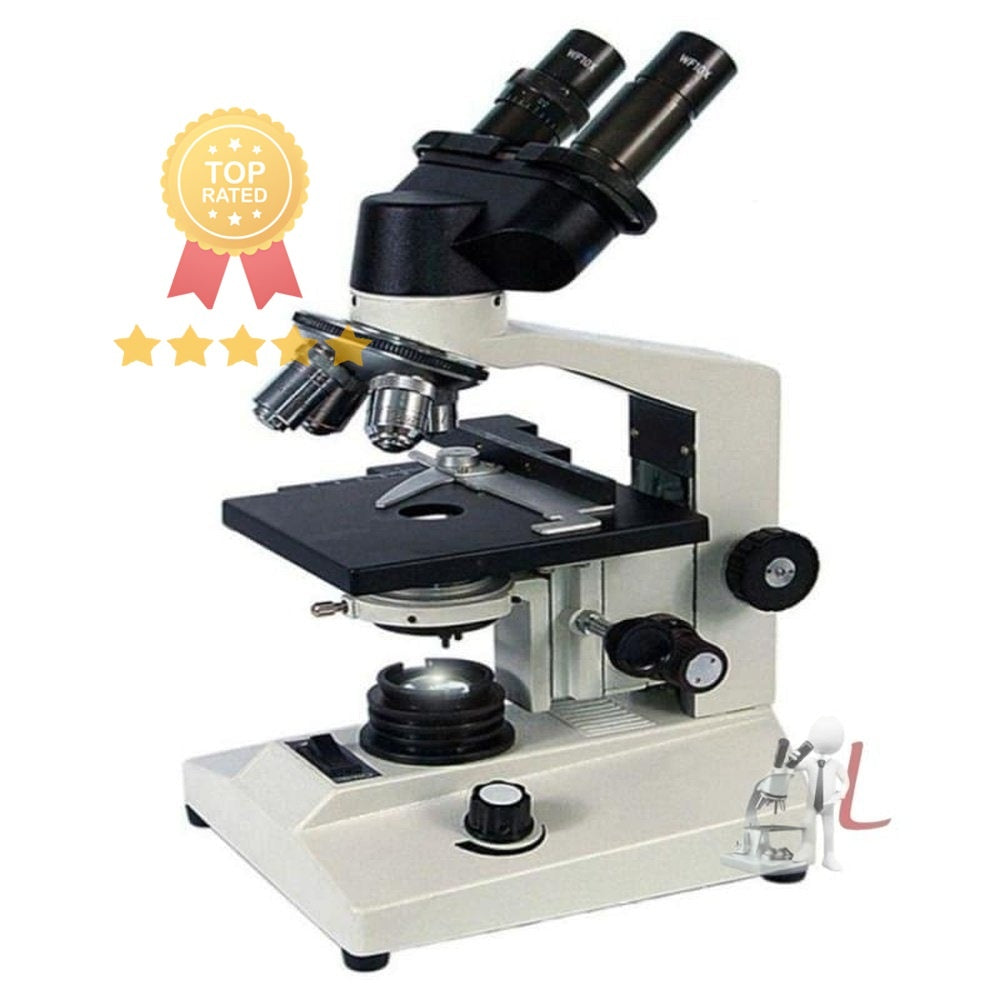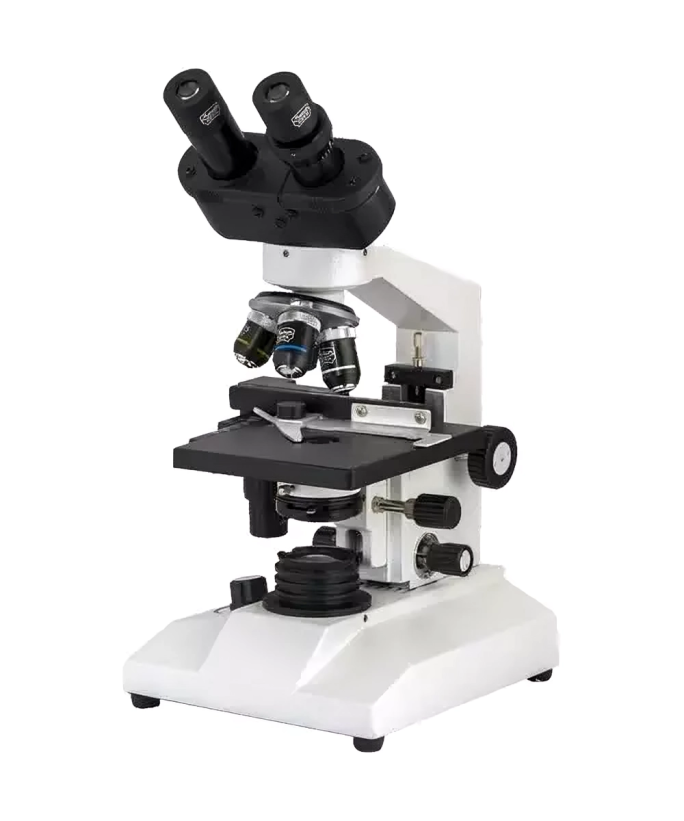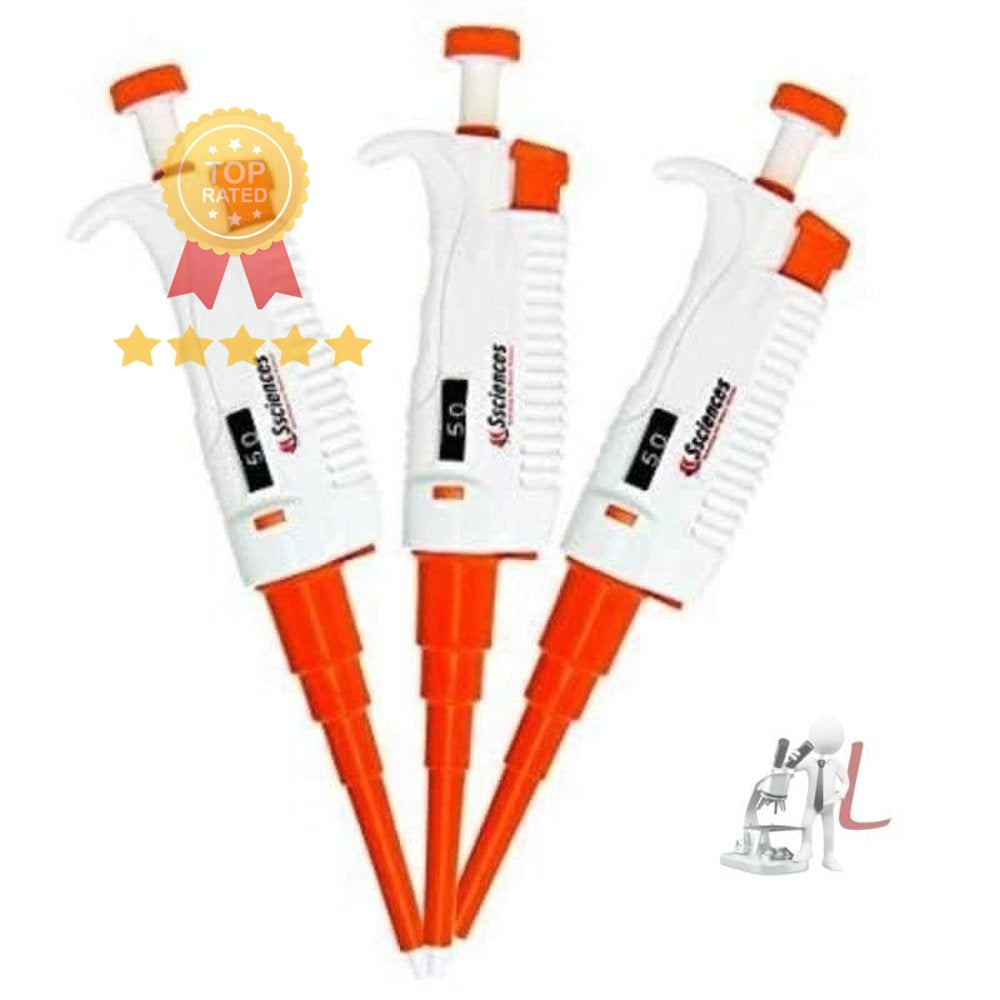College of Nursing Lab Equipment
The College of Nursing Lab Equipment is essential for providing nursing students with the practical skills required for their future careers. Proper training in a realistic environment is crucial, and having access to cutting-edge lab equipment allows students to gain hands-on experience that enhances their educational journey. This equipment includes a range of tools and devices that simulate real-life clinical situations, enabling students to practice and refine their skills before they enter the workforce.
In a typical nursing lab, various types of equipment are used to help students learn critical skills. For instance, manikins are frequently utilized to teach students about patient assessment and basic vital signs monitoring. These high-fidelity manikins can mimic real human responses, allowing students to engage in realistic scenarios where they can practice their nursing techniques. This immersive experience is invaluable for building confidence and competence in nursing practice.
Another vital component of the College of Nursing Lab Equipment revolves around technological advancements. Modern simulation technologies are integrated into nursing programs, providing students with state-of-the-art learning tools. For example, virtual reality simulations allow students to experience challenging situations in a controlled environment. This technology not only enhances learning but also prepares students for the unpredictability of real-life nursing challenges.
Laboratory equipment also includes anatomical models, which play an important role in teaching anatomy and physiology. These models provide a tangible way for students to interact with the human body, helping them visualize complex systems and better understand the intricacies of health and disease. Mastery of anatomy is critical for nurses, making these models a cornerstone of nursing education.
The clinical skills laboratory often features other essential equipment, such as diagnostic tools, IV simulation arms, and medication administration systems. Mastery of these tools is crucial in preparing students for real-world patient care. Through extensive practice, students can ensure they deliver high-quality care when they begin their clinical rotations.
Moreover, the College of Nursing Lab Equipment includes resources for learning about lab tests and diagnostic procedures. Access to testing kits and laboratory simulators allows nursing students to gain hands-on experience with specimen collection techniques and understanding lab test results. This knowledge is imperative for nurses, who need to interpret and act on a wide array of diagnostic information in their practice.
In addition to practical skills, the use of technology in nursing education facilitates the development of critical thinking and decision-making skills. Scenario-based learning, supported by simulation technologies, encourages students to analyze situations, weigh options, and make informed clinical decisions under pressure. Such experiences are instrumental in advancing nursing competencies.
Furthermore, the College of Nursing Lab Equipment promotes interprofessional collaboration through shared simulations. Nursing students often train alongside medical, pharmacy, and allied health students, providing an opportunity to learn how to work effectively as part of a healthcare team. This interdisciplinary approach reflects real healthcare settings, fostering cooperation and communication skills that are vital for patient care.
Assessment of student performance in the lab setting is also crucial, and many programs utilize video recordings of simulations to provide feedback. This allows students to review their actions, reflect on their performance, and identify areas for improvement. Constructive feedback is a powerful tool for professional growth, and it plays an essential role in preparing students for their future roles as nurses.
As the healthcare landscape continues to evolve, the College of Nursing Lab Equipment must also adapt. Incorporating the latest advancements ensures that nursing programs remain relevant and that students are well-prepared to meet emerging challenges. Continuous innovation in lab equipment and simulation technology is necessary to equip nursing graduates with the competencies needed for success in today's fast-paced healthcare environments.
In summary, the College of Nursing Lab Equipment serves as a cornerstone in nursing education. It provides students with essential hands-on experience, fostering the development of practical skills, critical thinking, and interprofessional collaboration. By investing in high-quality lab equipment and modern simulation technologies, nursing programs can ensure that their graduates are ready to make a meaningful impact in the healthcare field.
Filter
Sort by

